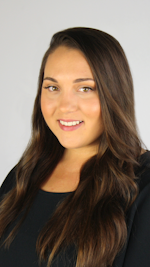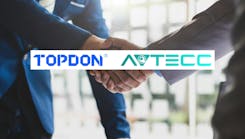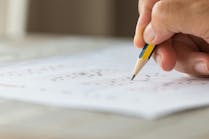As Tesla restructures its approved body repair training in an effort to expand and simplify it's repair network, the company is still issuing restrictions on who, and with what equipment, approved repairs can be made.
Each prospective body shop is required to meet all standards within 30 days of their application acceptance. Only when they meet all the requirements of the Operating Standards, sign the terms and conditions and complete Tesla Body Repair training are shops entitled to order restricted parts from Tesla, participate in Tesla Body Repair Program training, and to use the title “Tesla Approved Body Shop."
The parameters of the operating standards, as it pertains to tooling, is made more clear with the release of the "approved" tooling master list released by Tesla, which can be found here. The list includes mandatory equipment, optional equipment, approved vendors and pricing.
Along with basic equipment required to repair aluminum vehicles, like a separated work area, aluminum dust vacuum and an approved work bench, the master list includes all the tooling required to fix Tesla Models S and X, according to the company.
For a primary structural location, mandatory tools needed to start body repair, known as "required onboarding" in the tooling master list, is estimated to cost $6,145. For non structural satellite locations, the cost is estimated at $1,225.
Mandatory equipment includes:
- Frame bench fixture (certain models approved from Celette, Car Bench, Global Jig and Car-O-Liner)
- Pneumatic rivet gun (certain models approved from Gesipa, ATS and others)
- The following combinations of Tesla-brand riveting tools: bollhoff and Huck 254, or a complete Tesla Xpress Kit
- Welder (certain models approved from Fronius, Pro Spot, GYS, Miller, Cebora, Car-O-Liner, Wielander and Schill and Chief)
- Dent repair station (certain models approved by Dent Fix, Miracle, Pro Spot and others)
- Specialty tools, like subframe removal equipment, from Telsa


